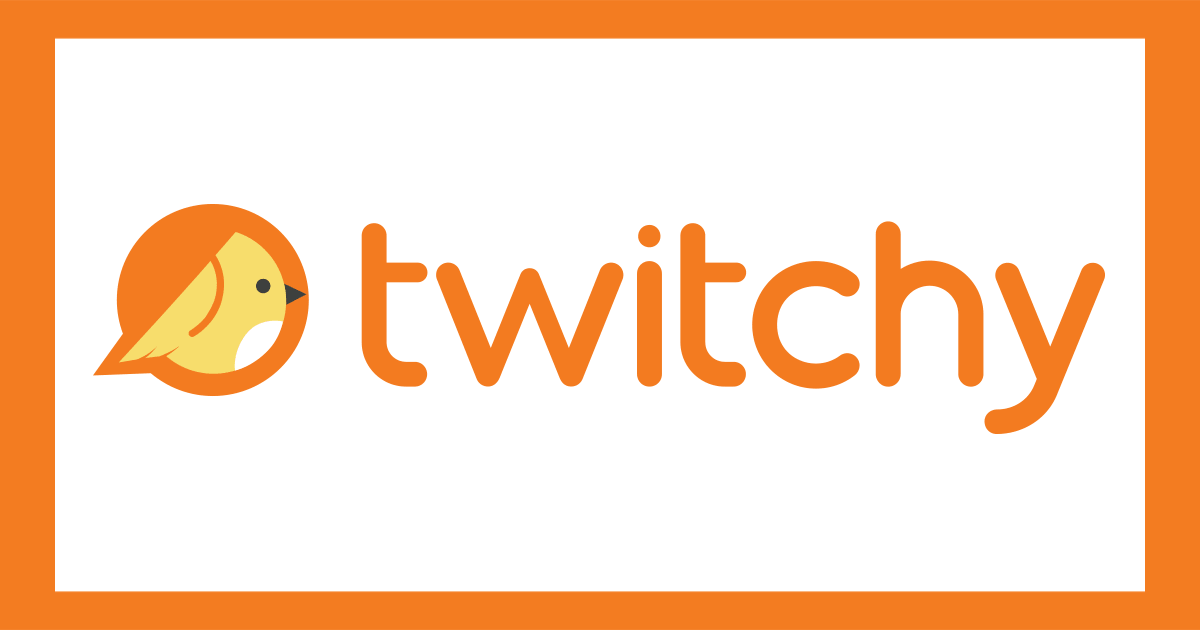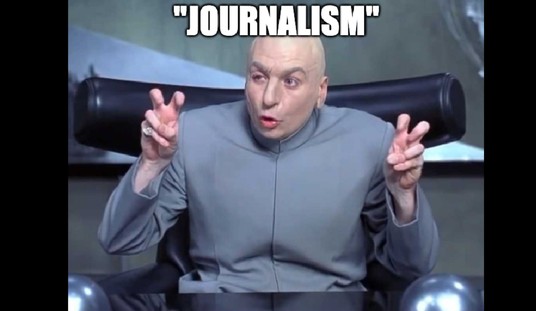Who could have predicted this?
Cost estimate jumps by $2.8 billion for California's high-speed rail project, a 35 percent increase: https://t.co/OKJueMcNrm
— AP Politics (@AP_Politics) January 17, 2018
Keep in mind, we’re only talking about 119 miles, not the entire route:
Hoooooo boy. The estimated cost of building 119 miles of bullet train track in California’s Central Valley has jumped to *$10.6 billion.* For 119 miles! https://t.co/5posJlNq8j
— Matt Pearce ? (@mattdpearce) January 17, 2018
But it gets worse. Apparently, the cost overrun is due to the agency’s rush to spend $2.5 billion in federal stimulus money, which means the state spent $2.8 billion to save $2.5 billion:
Some of the fresh costs stem from trouble acquiring the rights of way for the track in the Central Valley. The authority entered into construction contracts before fully securing rights of way in all areas, a decision officials said they wouldn’t make again. The decision to enter into contracts quickly was partly due to the need to spend $2.5 billion in federal stimulus money by last fall.
Officials are trying to spin this as a learning experience:
“Much of today was a lessons learned expression,” said Brian Kelly, the state’s current transportation secretary who was named as the authority’s new chief executive Tuesday. “Because they learned these things the hard way on the early contracts they will not repeat them on the later contracts.”
Yes, because this is the first railroad ever built in California and the idea that you’d need to secure the right of way before selecting a final route to keep real estate acquisition costs down is something nobody could have thought of, right?
Recommended
As the Los Angeles Times points out, critics of the project have been predicted this would happen for years, but were ignored:
The sobering news about the cost increases was long forewarned, though rail authority Chairman Dan Richard has consistently rejected those warnings. About a year ago, the Federal Railroad Administration issued a secret risk analysis that said costs were rising sharply and could hit $9.5 to $10 billion.
In other words, the state has been lying to taxpayers for years:
Outside critics saw the rail authority’s defense of lower cost estimates as part of an effort to politically protect the project.
“When it comes to large infrastructure investments, it is not unusual for public authorities trying to justify their effort to understate the costs and overstate the benefits,” said James Moore, director of the transportation engineering program at USC. “It is in my opinion overly deceptive. We have seen on transportation projects this militant defense that is meant to cause the public to remain calm.”
Of course, Twitchy readers know all of this:
Shocker: California's bullet train won't be as cheap as promised https://t.co/hXuwrpGvIU
— Twitchy Team (@TwitchyTeam) December 9, 2017
***
























Join the conversation as a VIP Member